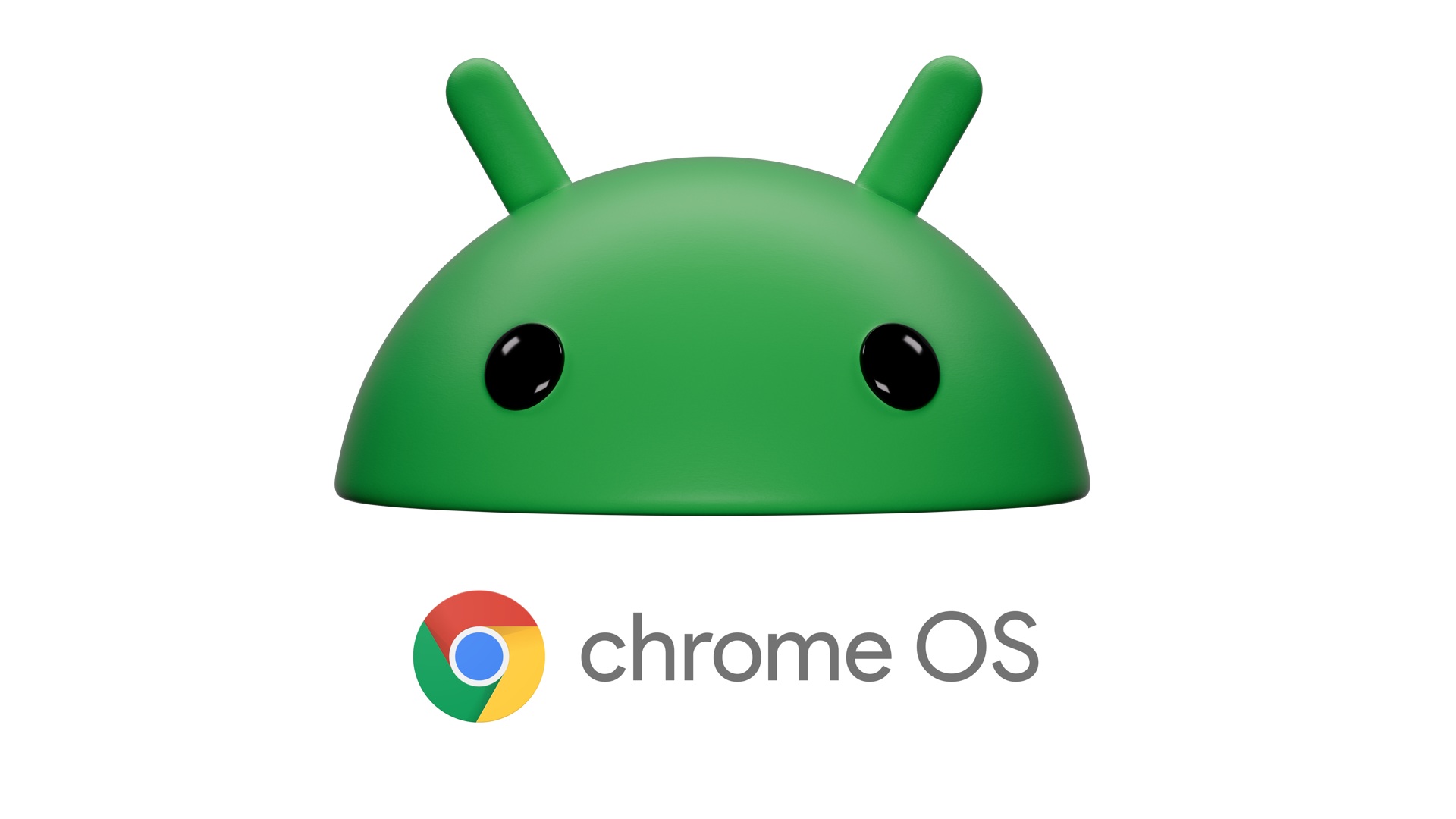On Wednesday, Google surprisingly announced that it is lifting the long-standing separation between Android and ChromeOS. ChromeOS is being largely rebuilt on Android in order to integrate new technologies such as AI-based tools more quickly and easily. The change in strategy could bring disruption to the digital signage industry.

Android and ChromeOS: Two Platforms, One Future
Both Android and Chrome OS are Google ecosystems. But while there is only ever one current version of ChromeOS, there are hundreds of different versions (forks) of Android on the market. Every hardware manufacturer can define their version of Android. This makes the compatibility of the different Android versions one of the major challenges in the digital signage industry. With Google’s Wednesday announcement, this could change in the coming few years:
With ChromeOS, Google has developed a standalone, robust operating system that, in addition to education, is now also increasingly being used in the digital signage sector and in kiosk systems. Android and Chrome OS have been closely related, but Google reports in a blog entry that their integration will become even greater in the coming months.
“To continue rolling out new Google AI features to users at a faster and even larger scale, we’ll be embracing portions of the Android stack, like the Android Linux kernel and Android frameworks, as part of the foundation of ChromeOS”, the blog entry says. The Android Linux kernel and the Android framework will be the basis of ChromeOS. This means that ChromeOS will be more of an “Android fork” for desktop devices and no longer represent its own operating system. The Bluetooth stack is already on par with version 122 in Android and ChromeOS.
The adjustments and merging of the tech stacks of Android and Chrome OS are beginning now. However, according to Google, they will not be available to users for some time. Internally, Google has already merged the development teams for Android and Chrome OS.
invidis opinion
Finally, Google will bring Android and Chrome OS closer together. This is good news for the digital signage industry. The confusing variety of Android versions and the secure B2B operating system of Chrome OS can grow together, making it easier to develop apps such as Digital Signage CMS.

